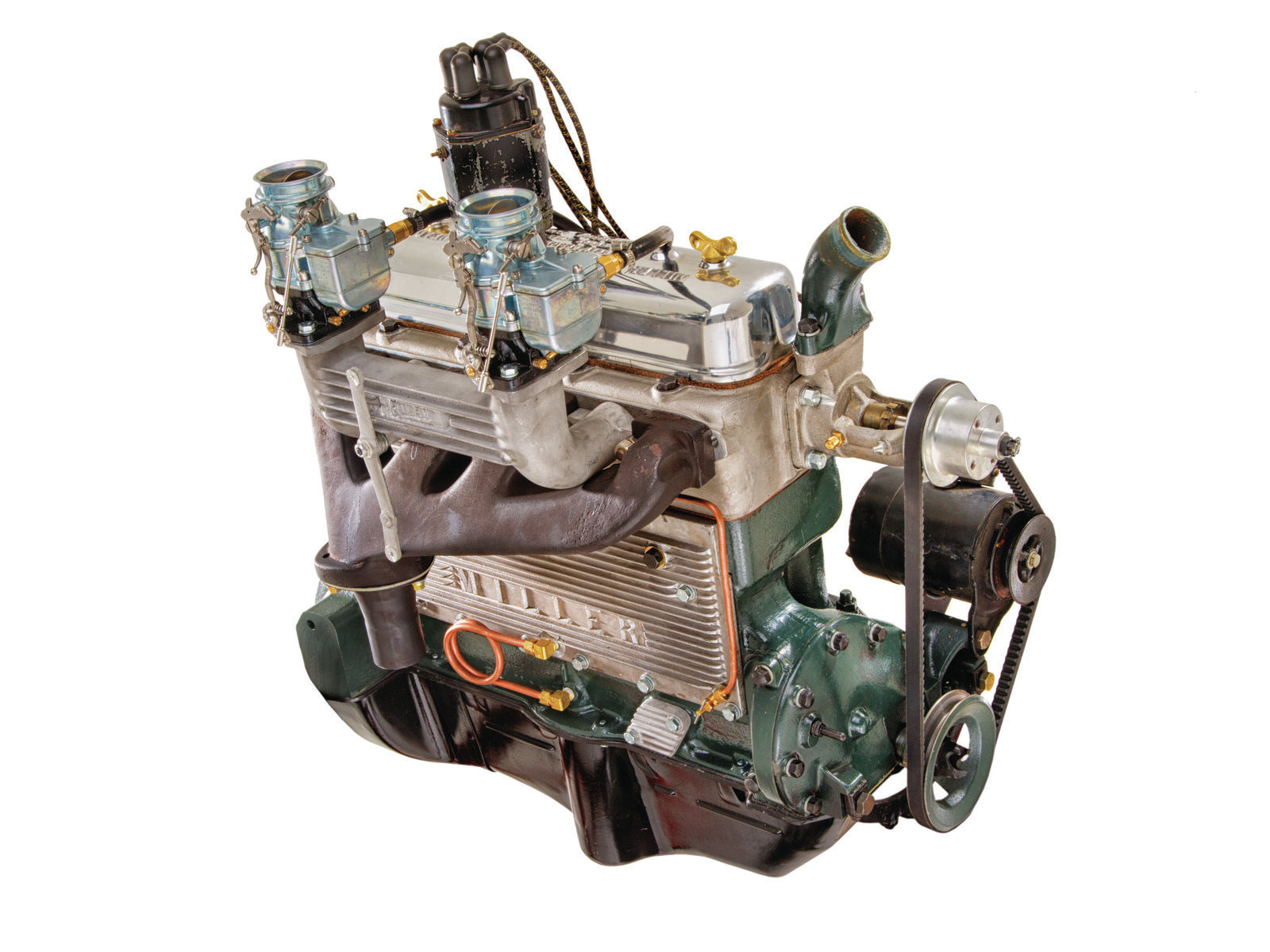The Tiny Engine That Could: Are 3-Cylinder Engines Reliable?
Remember those clunky old lawnmowers? The ones that sputtered and vibrated like they were about to launch into orbit? They often ran on single-cylinder engines. Now imagine a car powered by something similar, but with two extra cylinders. It sounds almost comical, right? Yet, the 3-cylinder engine is becoming increasingly common in today's vehicles. But the big question remains: are 3 cylinder engines reliable?
The rise of the 3-cylinder engine has been fueled (pun intended) by the growing demand for fuel-efficient vehicles. These smaller engines, by their very nature, consume less fuel than their larger 4- or 6-cylinder counterparts. This makes them attractive to both automakers and consumers, particularly in a world increasingly concerned about environmental impact and rising fuel costs. But this efficiency comes with questions about longevity and performance. Can these diminutive engines really stand the test of time?
The reliability of 3-cylinder engines is a topic of much debate. While advancements in engineering and technology have greatly improved their performance and durability, some drivers remain skeptical. Concerns often center around vibration, power output, and long-term reliability. It's a valid concern: asking three cylinders to do the work of four or more seems like a big ask. But before we write them off, let's dive deeper into the world of the 3-cylinder engine.
Historically, 3-cylinder engines were largely relegated to small cars and economy vehicles. Their smaller size and lower manufacturing costs made them ideal for budget-friendly options. However, recent advancements in turbocharging and direct injection technologies have significantly boosted their power output and efficiency. This has led to their adoption in a wider range of vehicles, including some SUVs and crossovers. The question of 3-cylinder engine reliability thus takes on new significance as these engines are now powering larger, heavier vehicles.
Understanding 3-cylinder engine reliability necessitates understanding the inherent challenges of this design. Balancing the engine to minimize vibrations is a key engineering hurdle. With fewer cylinders firing, the intervals between power strokes are more pronounced, leading to potential vibration issues. Modern engineering techniques, including counter-rotating balance shafts, have largely addressed this concern. However, it’s crucial to consider the manufacturer’s track record with 3-cylinder engines when assessing their reliability.
One major benefit of 3-cylinder engines is their fuel efficiency. Fewer cylinders translate to less fuel consumed, especially in city driving. Another advantage is their reduced weight, which contributes to improved handling and acceleration. Finally, their smaller size allows for more compact engine bays, potentially creating more interior space within the vehicle.
Advantages and Disadvantages of 3-Cylinder Engines
| Advantages | Disadvantages |
|---|---|
| Improved Fuel Efficiency | Potential for Vibration |
| Reduced Weight and Enhanced Handling | Lower Power Output (in naturally aspirated versions) |
| Compact Size | Turbocharger Reliability Concerns (in turbocharged versions) |
Best Practices for Maintaining a 3-Cylinder Engine:
1. Regular Oil Changes: Follow the manufacturer's recommended oil change intervals.
2. Check Engine Light: Address any illuminated check engine lights promptly.
3. Air Filter Replacement: Ensure a clean air filter for optimal performance.
4. Spark Plug Maintenance: Replace spark plugs as recommended by the manufacturer.
5. Cooling System Checks: Monitor coolant levels and ensure proper cooling system function.
Frequently Asked Questions:
1. Are 3 cylinder engines as powerful as 4 cylinder engines? – Not generally, but turbocharging helps close the gap.
2. Do 3 cylinder engines last as long? – With proper maintenance, they can have a comparable lifespan.
3. Are 3 cylinder engines noisy? – Some can be, but modern designs have reduced noise levels significantly.
4. Are 3-cylinder engines suitable for highway driving? – Yes, especially turbocharged versions.
5. Do 3-cylinder engines require premium fuel? – It depends on the specific engine and manufacturer's recommendations.
6. What are some examples of cars with reliable 3-cylinder engines? – Ford Fiesta EcoBoost, BMW i3.
7. Are 3-cylinder engines good for towing? – Generally not recommended for heavy towing.
8. Are 3-cylinder engines more prone to problems? – Not necessarily, but specific issues like turbocharger failure can arise.
Tips and Tricks: Regularly check your engine oil, pay attention to unusual noises or vibrations, and address any issues promptly.
In conclusion, the question "are 3 cylinder engines reliable?" is multifaceted. While concerns about power, vibration, and longevity are understandable, advancements in engineering have greatly mitigated these issues. The benefits of 3-cylinder engines, namely their fuel efficiency and compact size, are undeniable. By understanding the potential challenges and following best practices for maintenance, drivers can enjoy the benefits of these efficient and increasingly popular engines. When considering a vehicle with a 3-cylinder engine, research the manufacturer’s track record and specific engine reviews. Informed consumers can make confident decisions that meet their needs and driving preferences. The little 3-cylinder engine has come a long way, proving that sometimes, less is indeed more.
Unlocking the secrets of graded compensation
Discovering the allure of waters edge in blue springs mo
Transform your shop unveiling the power of interior design














